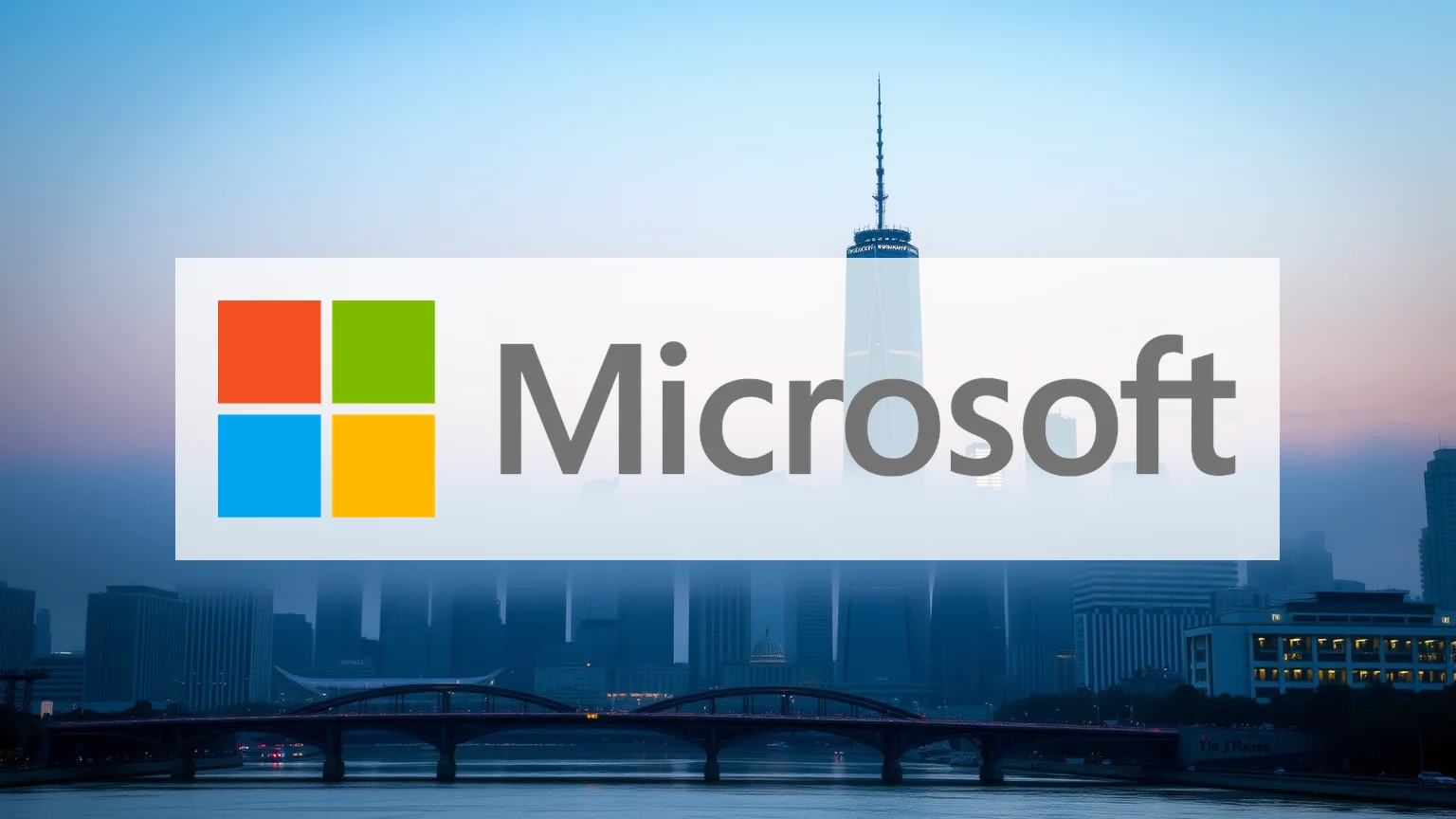Microsoft has taken a significant step toward technological self-reliance by unveiling its first internally developed artificial intelligence systems. This strategic move signals a potential shift in its dynamic with OpenAI, the AI research company into which Microsoft has invested over $13 billion.
The tech behemoth introduced two new models over the weekend: MAI-1-preview, a large language model designed to power future iterations of the Copilot assistant within Windows and Office, and MAI-Voice-1, an efficient tool for generating remarkably human-like speech. This development marks a pivotal moment in Microsoft’s AI journey, suggesting a desire to reduce its dependence on external partnerships.
Leadership and Strategic Goals
Spearheading this new in-house initiative is Microsoft AI chief Mustafa Suleyman. The company strategically recruited Suleyman from AI startup Inflection, a clear signal of its ambition to build a proprietary AI capability. The objective is to create cost-effective and highly efficient AI models that can be seamlessly integrated across Microsoft’s vast ecosystem of products and services.
Should investors sell immediately? Or is it worth buying Microsoft?
Evolving Dynamics with OpenAI
While both Microsoft and OpenAI have publicly stated their partnership remains intact, the introduction of competing in-house models fundamentally alters their relationship. Microsoft is now positioned to compete directly with its largest AI supplier for market share in the burgeoning AI sector.
This move grants Microsoft a formidable advantage through its unparalleled distribution network. The ubiquitous presence of Windows and Office provides a direct channel to transition millions of users to its native AI solutions, a scenario that is likely to concern OpenAI and other competitors in the space.
Market Outlook Following Strong Earnings
Investors are anticipated to react favorably to this aggressive push into proprietary AI, especially on the heels of Microsoft’s spectacular quarterly earnings announcement in July, which reported revenue of $76.44 billion. The stock already enjoys a predominantly “Strong Buy” rating from analysts. This new drive for independence in core AI technologies is expected to further bolster market optimism surrounding Microsoft’s future growth trajectory.
Ad
Microsoft Stock: Buy or Sell?! New Microsoft Analysis from February 7 delivers the answer:
The latest Microsoft figures speak for themselves: Urgent action needed for Microsoft investors. Is it worth buying or should you sell? Find out what to do now in the current free analysis from February 7.
Microsoft: Buy or sell? Read more here...












